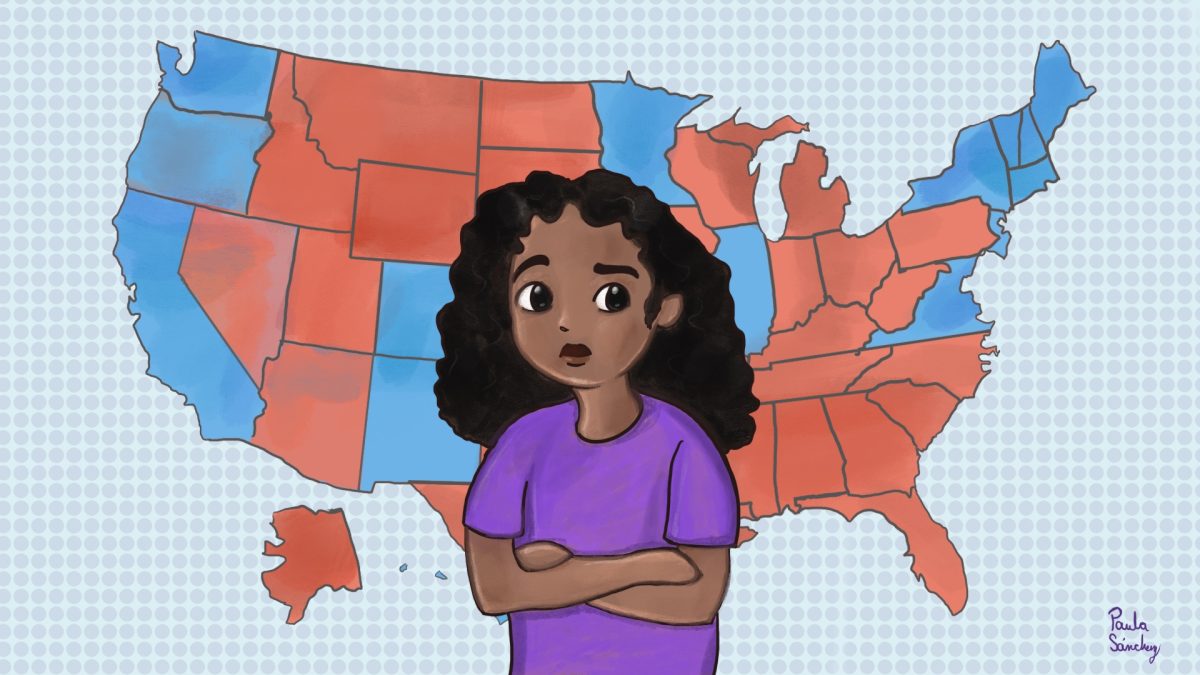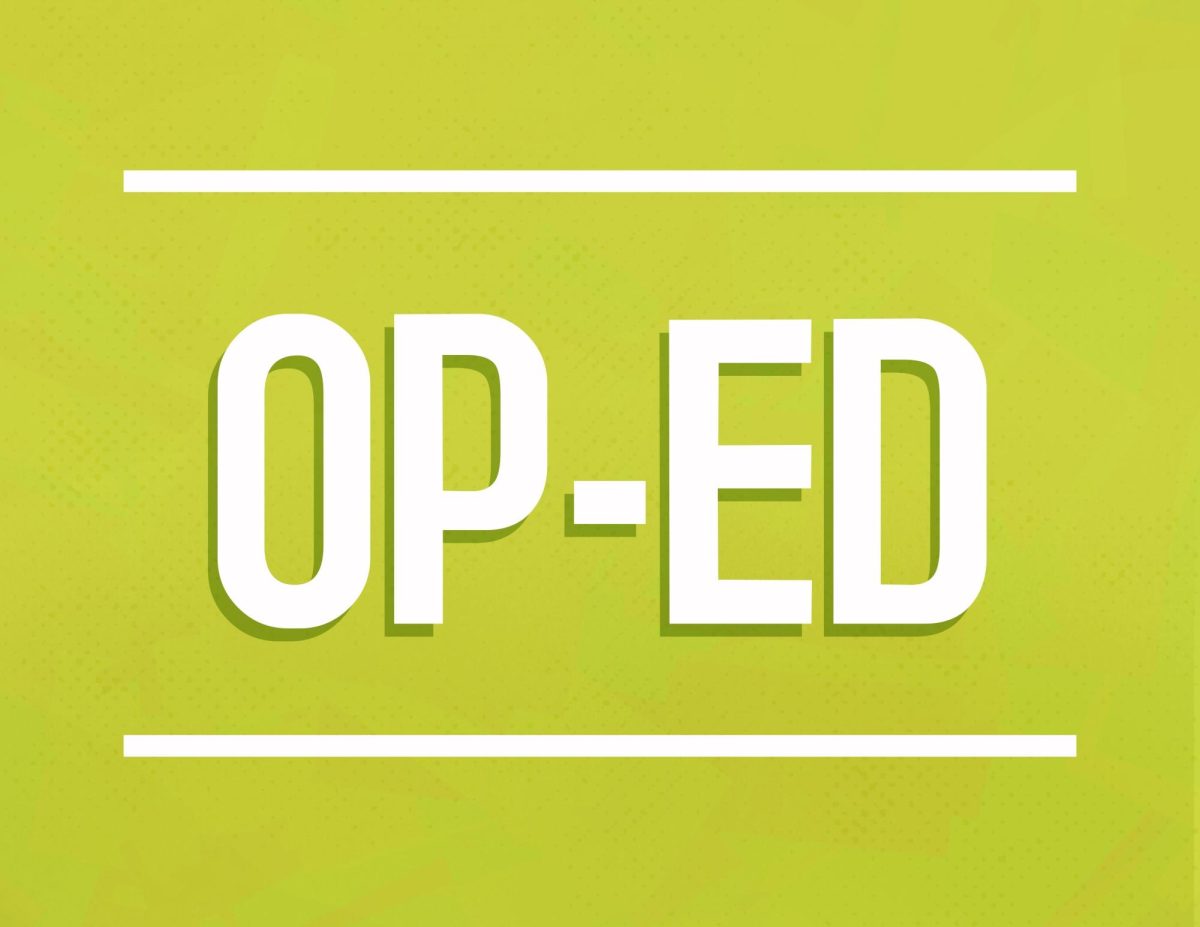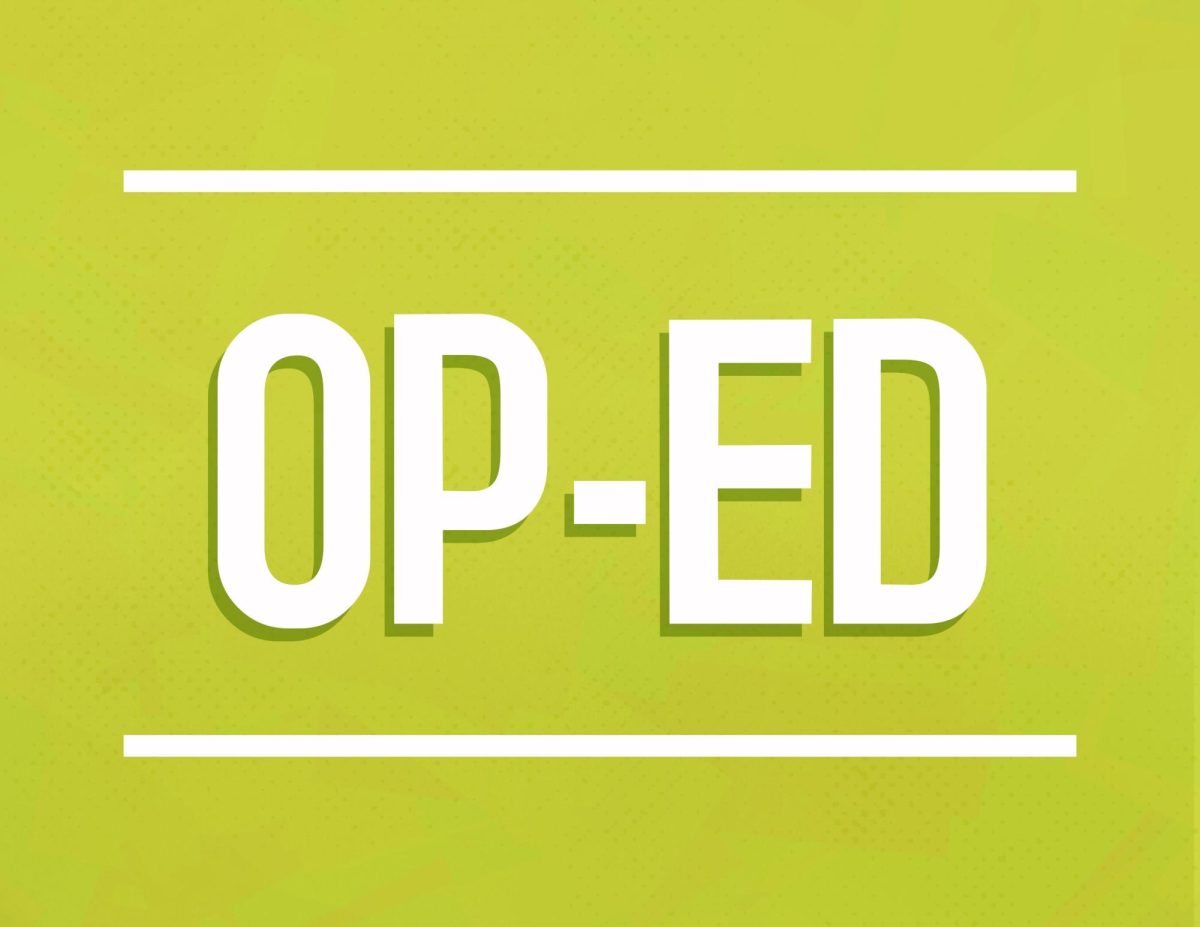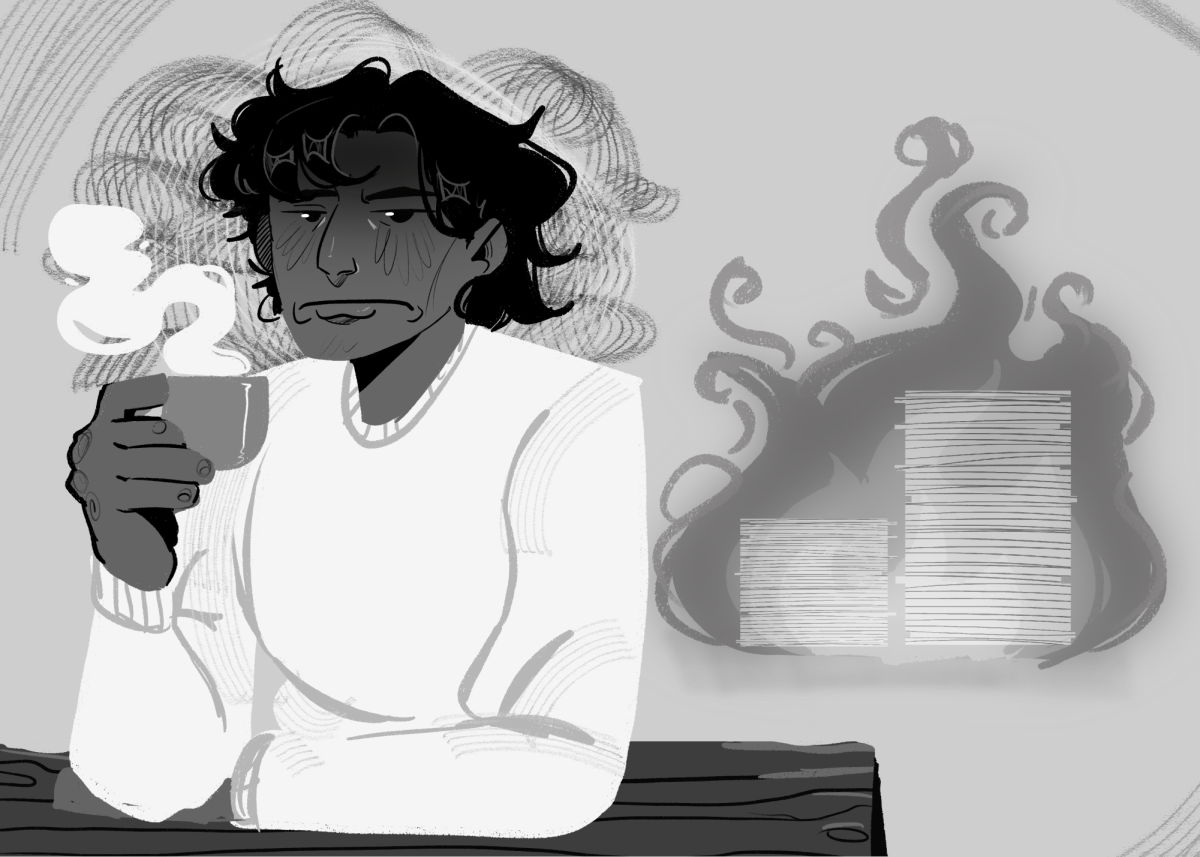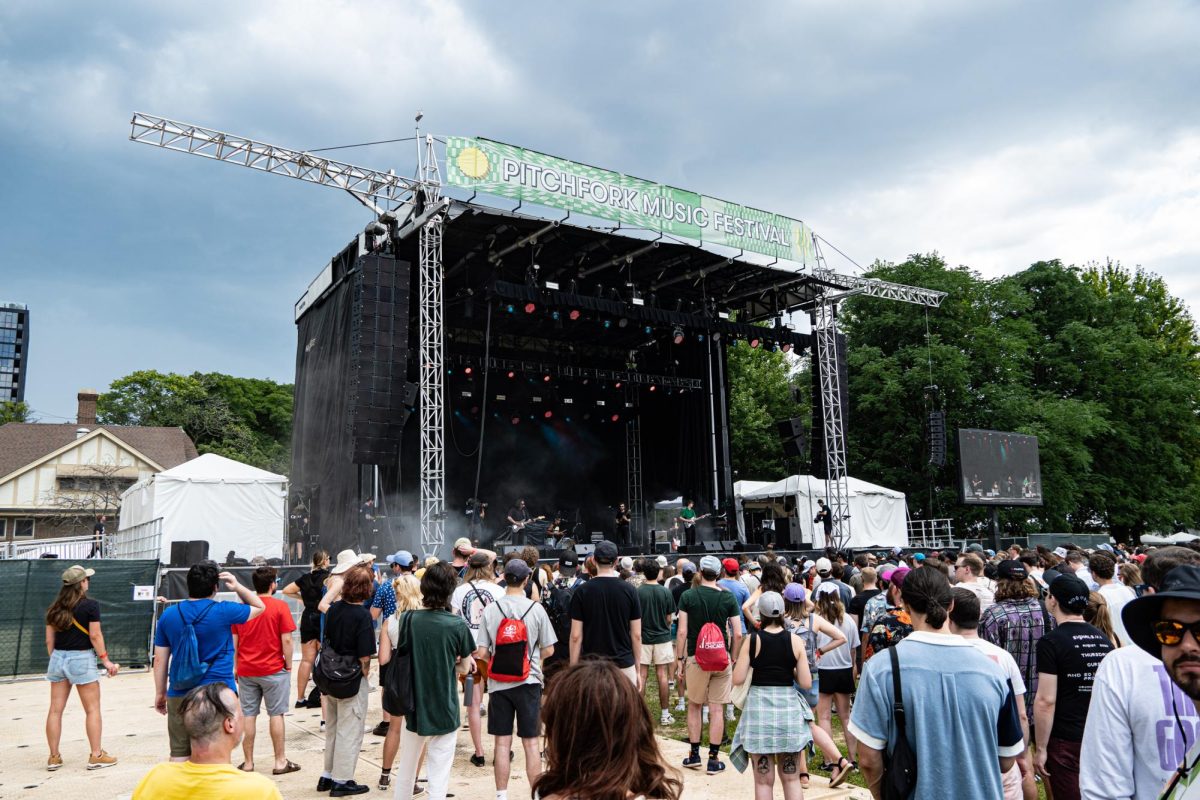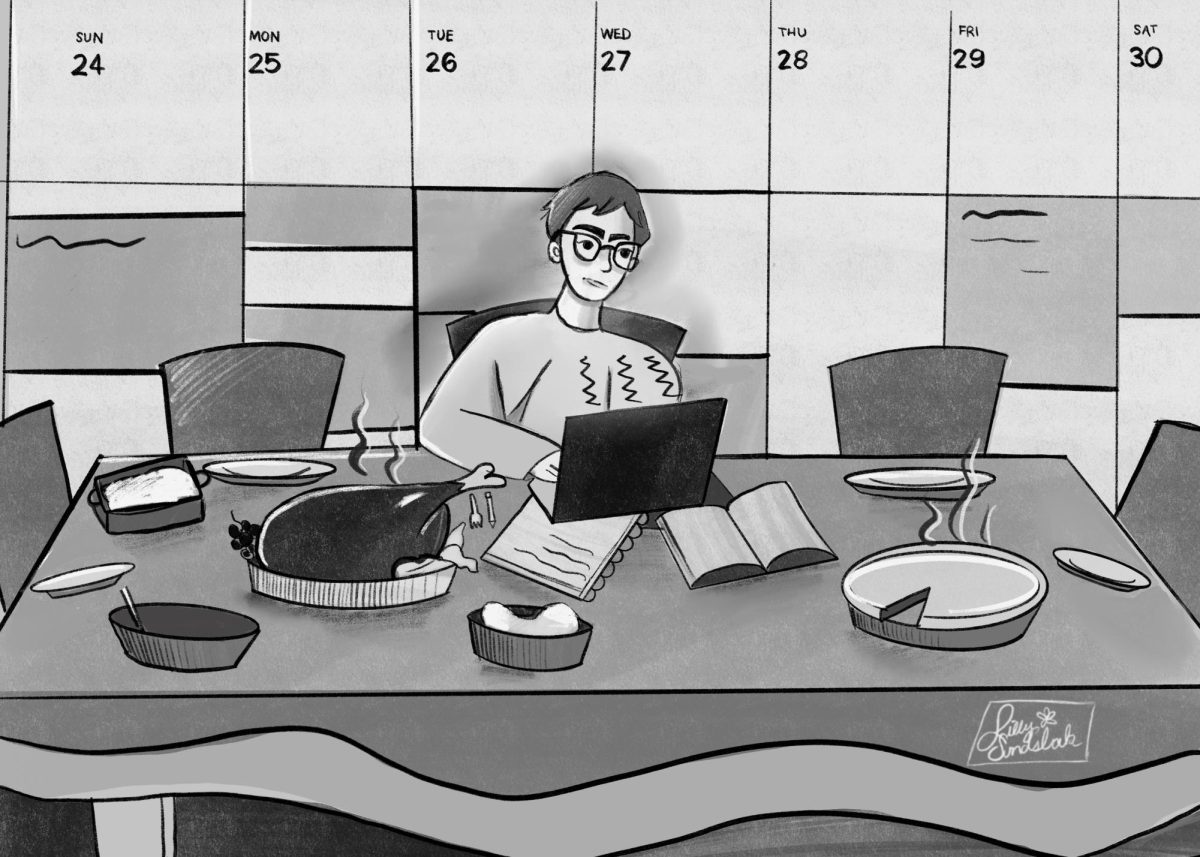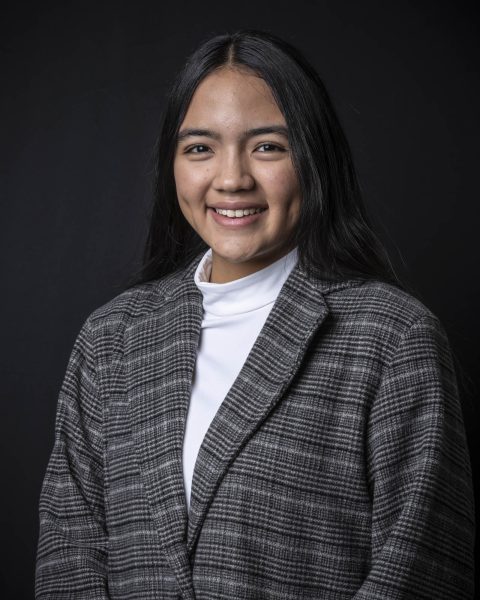As an international student from Colombia, I know well that Election Day can be a charged and tense experience. Election officials in my country just ruled to investigate financial misconduct allegations against the 2022 campaign that got President Gustavo Petro elected.
Like President-elect Donald Trump, who won the U.S. presidential election on Tuesday, Nov. 5, Petro likes to air his grievances on social media. “The coup has begun,” he wrote on his X account, denouncing the investigation.
I remember the 2022 election in my country. When Petro won, the country descended into a huge social crisis. I was already living in the United States, but all my family and close friends were in Colombia. I remember spending all day continuously checking the news and social media to be aware of every moment change. My family went out to vote and encouraged everyone to do so. I remember calling them every two hours just to check how the situation was there. It was a day of tension. When the results came out, I realized that it was the voice of the country asking for a change, and I can recognize and accept that now.
I wasn’t in the United States for the last presidential election in 2020. But I was this year and got a chance to witness my first one. Although it was a historic, divisive campaign, I was pleasantly surprised to see how engaged many Americans were — not just in casting their votes but in encouraging others to do the same.
In Chicago, 63% of registered voters cast ballots in the Nov. 5 election, according to the Chicago Board of Elections. This includes ballots cast early and by mail.
Walking around my Buena Park neighborhood on Tuesday night, I saw TVs in nearly every establishment tuned to election coverage, a clear sign of how invested people were in the unfolding results.
The day passed with palpable tension and anticipation for what the future holds. Amidst all this, I couldn’t shake the feeling that I was witnessing an incredibly important moment in the trajectory of the United States.
The atmosphere reminded me of election days back home in Colombia, where people are equally invested in their future. It was a powerful reminder of the shared desire for progress and hope that connects people, no matter which side of the border, or the political aisle, we’re on.
When I woke up this morning and saw that Trump had won, I wasn’t surprised, but I felt uncertainty and confusion. As an international student with a F-1 visa, I’m afraid that the new administration would harden the restrictions to have a work permit after graduation or apply for a green card. I may not have a chance to stay in the U.S. after I graduate from Columbia College, where I am a sophomore computer animation major and video production minor. My dream is to be part of the animation industry I had always admired and dreamed of belonging to.
I know that Trump has pledged to undertake mass deportations as soon as he takes office in January, although that should not impact me as a visa holder. He has said he will mobilize the American military and use government workers to carry out his plans. This is likely to put pressure on sanctuary cities like Chicago.
But like in Colombia, the voters in America have expressed their wishes. We know that Trump won enough electoral college votes to become president, with 276 votes to the 233 that Vice President Kamala Harris won.
In my country, the popular vote decides who wins. We don’t know yet if Trump or Harris earned more votes. As of about 9 a.m. on Nov. 6, Trump had 71,271,787 popular votes and Harris had 66,341,752. That means Trump currently leads Harris by about 4.9 million votes.
Now is the time to leave the differences and political preferences aside to work for the people whom we care for, work for the communities that support us and motivate people around us. Whoever becomes the U.S. president shouldn’t change that ideal within us.
Copy edited by Trinity Balboa


